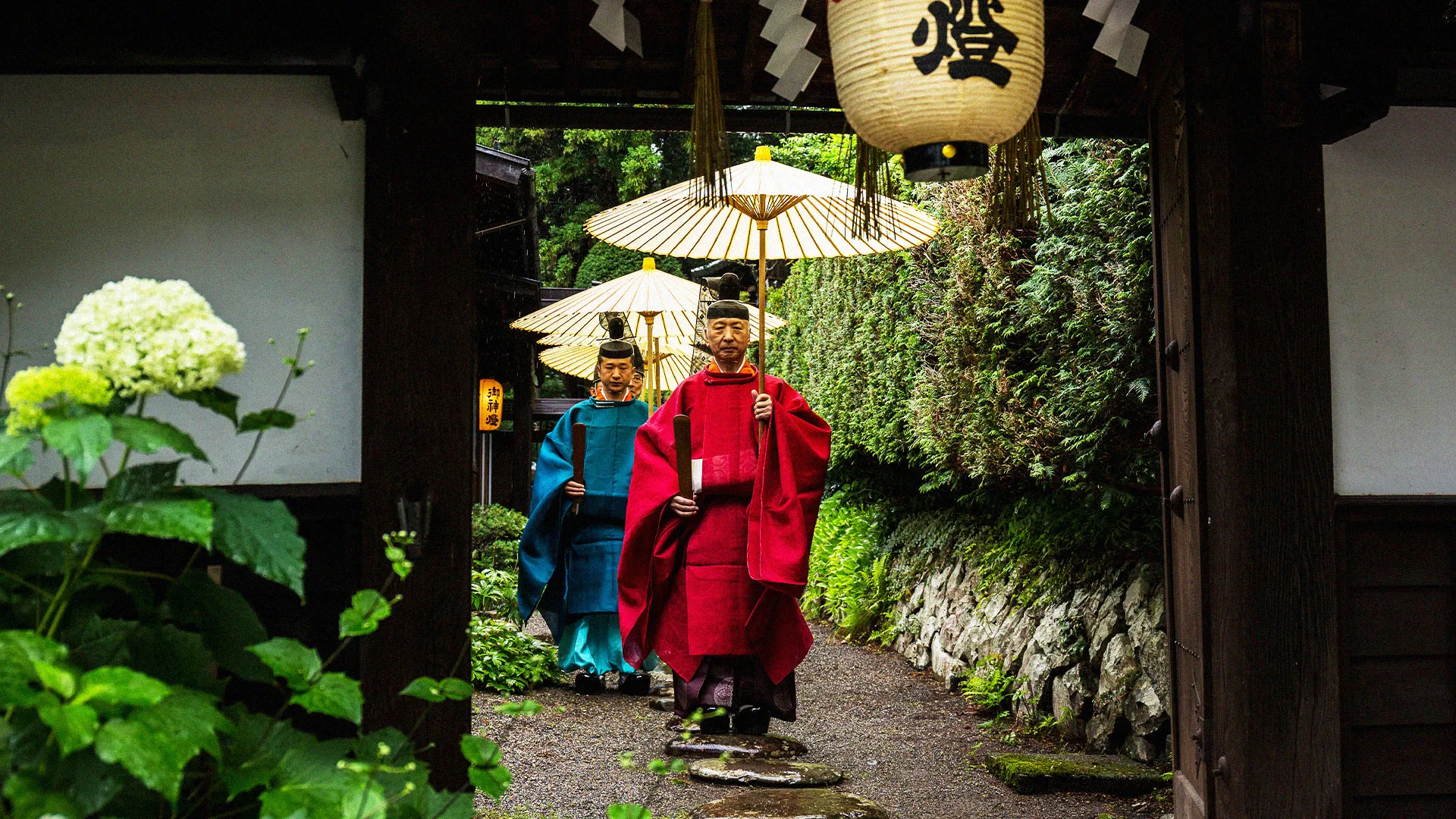Japan just hit 100,000 centenarians: 5 habits behind their record longevity to incorporate into your daily life
By Sanjana Ray
Copyright gqindia

Japan has long been synonymous with longevity, but 2025 marks a record even by its standards. As of September 1, nearly 100,000 of its citizens are now aged 100 or older. That’s 99,763 centenarians, the highest figure on record, and a testament to a culture that has turned healthy living into a national art form.
The country’s oldest resident, 114-year-old Shigeko Kagawa, and the oldest man, 111-year-old Kiyotaka Mizuno, embody this remarkable trend. Their milestone birthdays aren’t just celebrated privately — they’re honoured nationally. Each September, on Elderly Day, Japan recognises new centenarians with silver cups and personal letters from the prime minister.
So what’s the secret behind Japan’s extraordinary life expectancy? How do citizens extend life by decades? Here’s all you need to know.
Japan just hit 100,000 centenarians: 5 habits behind their record longevity to incorporate into your daily life
1. Diet (washoku)
The staple Japanese diet is nutrient-dense, light on red meat, and rich in fish, soy, seaweed, and seasonal vegetables. This healthy combination of food items makes the obesity rates among the lowest in the world, particularly among women. Government-sanctioned public health campaigns have, through the decades, called for a cut back on salt and sugar, which helped in reinforcing these habits, and curbing diseases that plague other nations.
2. Movement (ugoki)
In Japan, physical activity for the elderly comes naturally — be it walking, cycling, gardening, and even climbing stairs. The daily and efficient use of public transport also ensures that people keep moving, while cultural rituals like Radio Taiso, a three-minute group exercise that’s broadcast daily since 1928, make staying fit not seem like a daunting chore.
3. Lower rates of fatal diseases
Japan’s longevity isn’t just luck; it’s linked to measurable health outcomes. Going by statistics released by their Ministry of Health, the country has reported fewer deaths from cardiovascular disease and certain cancers, particularly breast and prostate. Strong preventive care, accessible healthcare, and healthier body weights, make the occurrence even less likely.
4. A strong sense of community (moai)
In Japanese culture, moai — tight-knit social circles that provide emotional and practical support — are a norm. These deep and caring bonds help people, especially elderly folk, fight isolation, reduce stress, and foster resilience, all of which have been proven to boost life expectancy.
5. A reason for being (ikigai)
Central to Japanese longevity is ikigai—the idea of living with purpose. Popularised globally by the bestseller Ikigai: The Japanese Secret to a Long and Happy Life, the concept stems from Okinawa, often called the “village of longevity.” At its core, ikigai means having a reason to get up each morning, whether that’s tending a garden, caring for grandchildren, or pursuing a lifelong craft. This sense of purpose provides psychological resilience that directly supports physical health and longevity.



